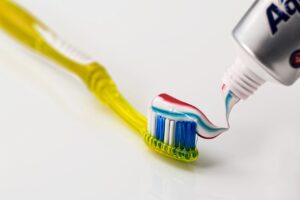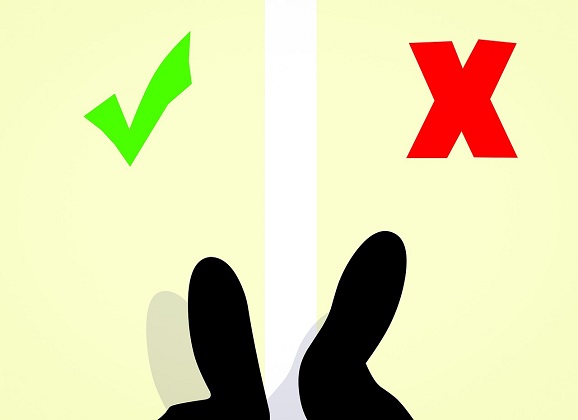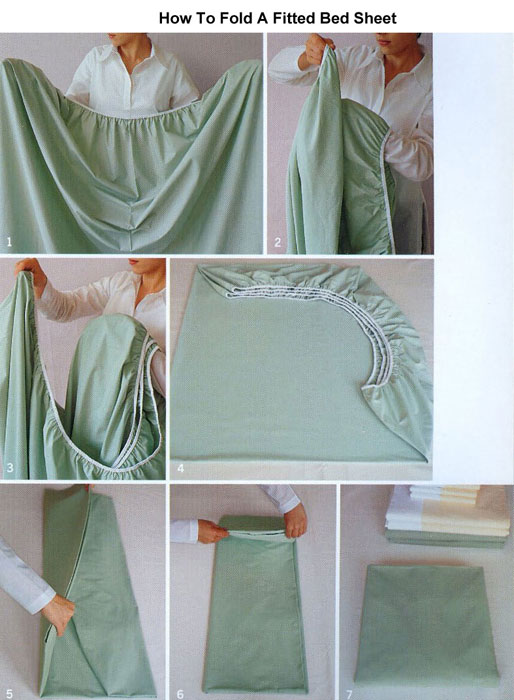Breaking Bad Habits and Making Good Ones
The chains of habit are too light to be felt until they are too heavy to be broken. — Warren Buffett
Usually, when we talk about habits, we’re not talking about the good ones: eating junk food, swearing, picking your nose, swearing while eating junk food and picking your nose, etc.

But habits can also be good things, too! Such as brushing your teeth, getting to sleep on time, saying please and thank you, reading the articles on Everyday Psych, etc. 😉
Today, we’re going to discuss what a habit exactly is, how they develop, and how you can use the knowledge from psychological science to enhance your everyday life! (I mean, that is the motto of this website, right?)
WHAT IS A HABIT?
In basic terms, habits are specific behaviors that happen automatically in response to some kind of “trigger.”
For example, once you sign off your last Zoom call for the day, you might go right to the wine cabinet without even thinking about it. Or before you go to bed, as soon as you step into the bathroom, you’re putting toothpaste on your toothbrush.

In both instances, there’s a “trigger” in your environment (e.g., the time of day; you’re current location) that actives an automatized behavior (i.e., a habit)
Importantly, these kinds of automatic behaviors occur even when you’re not paying much attention to them or don’t feel energized to do them. This means, on the one hand, forming good habits is great, because you’ll do them even when you’re not thinking about them. At the same time, forming bad habits is really bad because you’ll do them even when you don’t intend to (what psychologists call “habit slips”).
So, how are these great yet terrible habits formed?
HABIT FORMATION
You might have heard it “takes 30 days to make a habit” or maybe “7 days to break a habit” or maybe – according to some internet ads – “one weird trick” that works over night!
The truth is, however, there is no one answer for how long it takes to form or break a habit.

In general, habits emerge through repeated practice: a particular behavior (e.g., eating junk food) provides a positive response (e.g., your taste buds praise you), which leads you to repeat the behavior over and over again. After this continual repetition, your brain comes to associate the particular behavior with rewarding feelings.
Thus, when anything in your environment signals you can engage in the behavior (e.g., walking into the kitchen), your brain automatically activates the drive to engage in the behavior because it knows the behavior brings a reward.
BREAKING BAD AND MAKING GOOD
So what can you do to help change your habits, either by breaking bad ones or making good ones? Below are three key recommendations:
Restructure Your Environment: Habitual behaviors become triggered by our environment. When you see your phone, you automatically want to look at it. Or if you hear a bag of chips crinkle, you automatically want to eat some. To help break bad habits, try to restructure your environment so you aren’t exposed to such cues. For example, one study found that thinner people at buffets sit with their backs to the food, so they aren’t exposed to the cue to eat more.

Practice Self-Awareness: One of the key elements of habits is that they happen automatically. However, research suggests simply being aware of your behavior – and making mental statements like “I don’t do this” – can help to fight this automaticity. And in trying to make good habits, reinforcing the thought, “I do this,” can help make you more aware and therefore more likely to engage in a good behavior, too. To help yourself become better at self-awareness (and realize when you’re about to engage in a habit), consider practicing mindfulness meditation!
Hopefully today provided some advice on how to better deal with your habits, but if there is any other topic in your life you’d like some psychological advice on, let me know!
Habitually,
Jake
Everyday Psychology: Did you know that 43% of the behaviors we engage in, we engage in daily – and usually at the same time and in the same place as the day before. And this study was run before the pandemic confined us all to our homes! This insight suggests that if you can get into a routine with a behavior at home now, there’s a good chance you’ll keep repeating it under the same circumstances, which can help you form better habits (or become aware you’re forming not so good ones).
Volpp, K. G., & Loewenstein, G. (2020). What is a habit? Diverse mechanisms that can produce sustained behavior change. Organizational Behavior and Human Decision Processes, 161, 36-38.
Wood, W., & Rünger, D. (2016). Psychology of habit. Annual review of psychology, 67.







